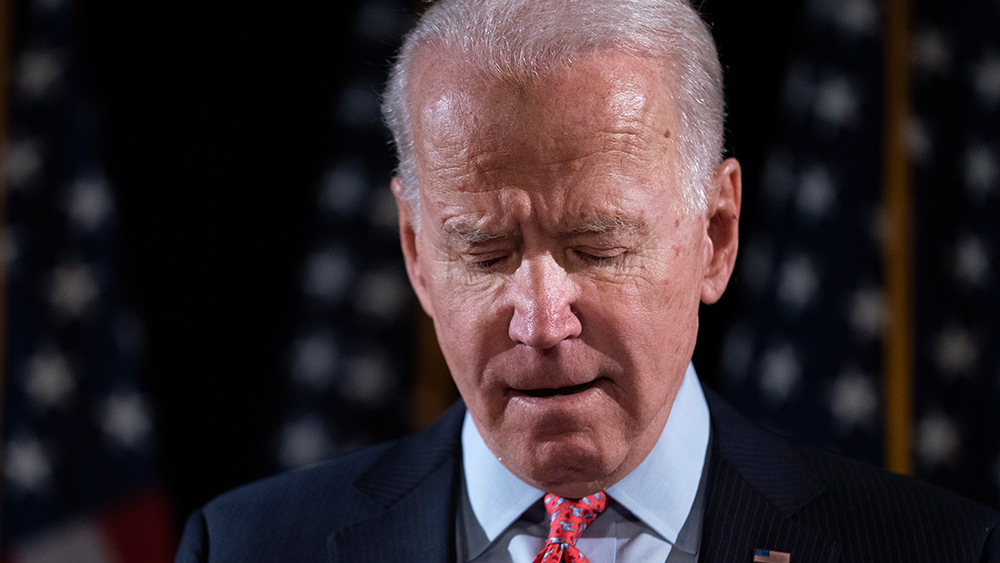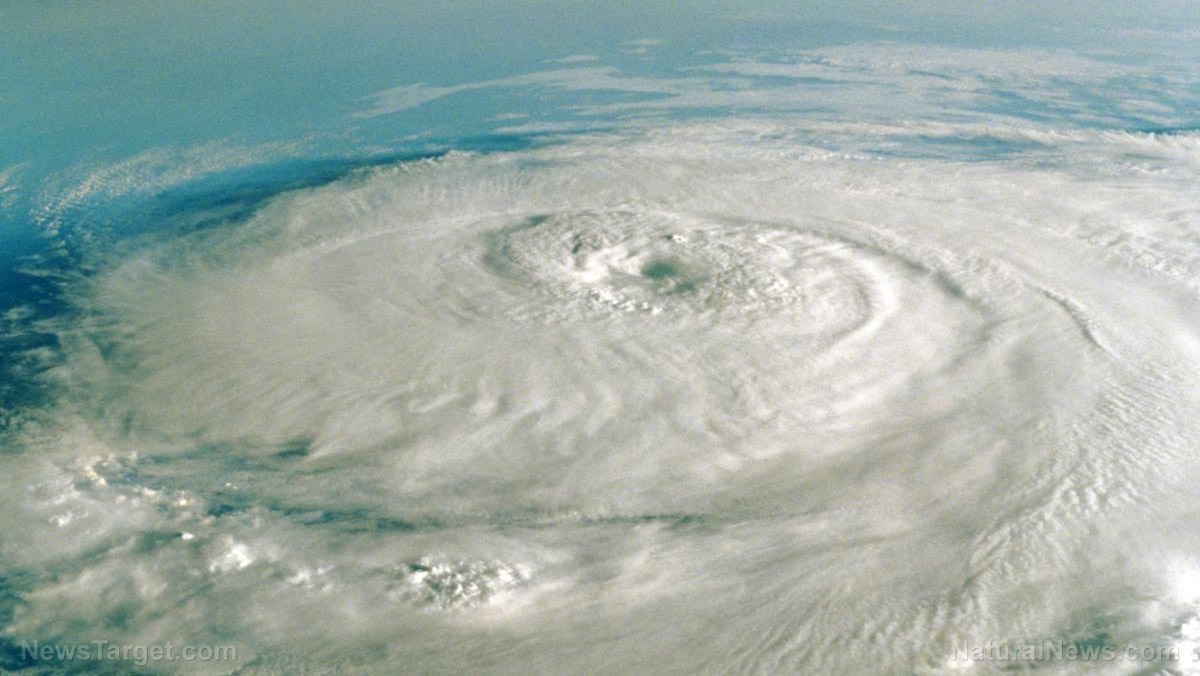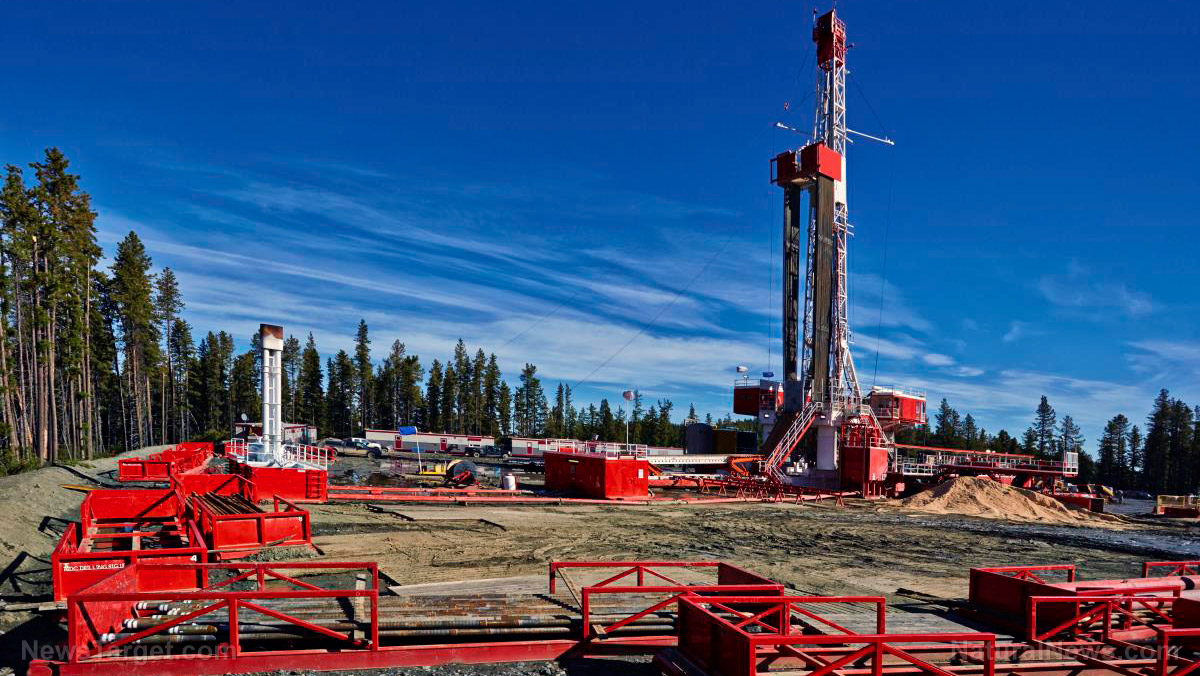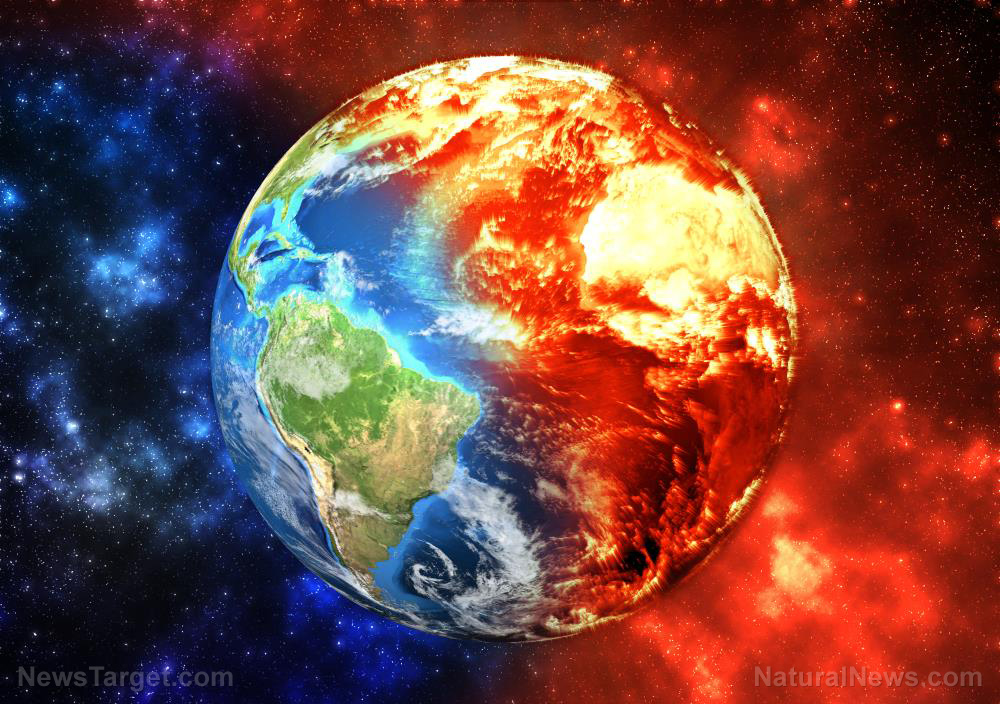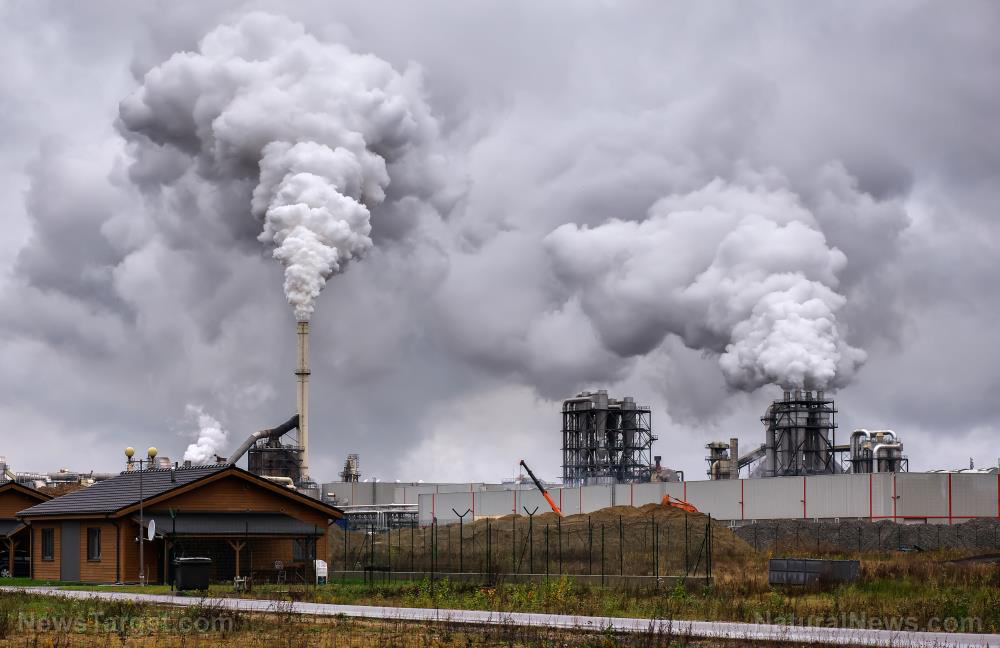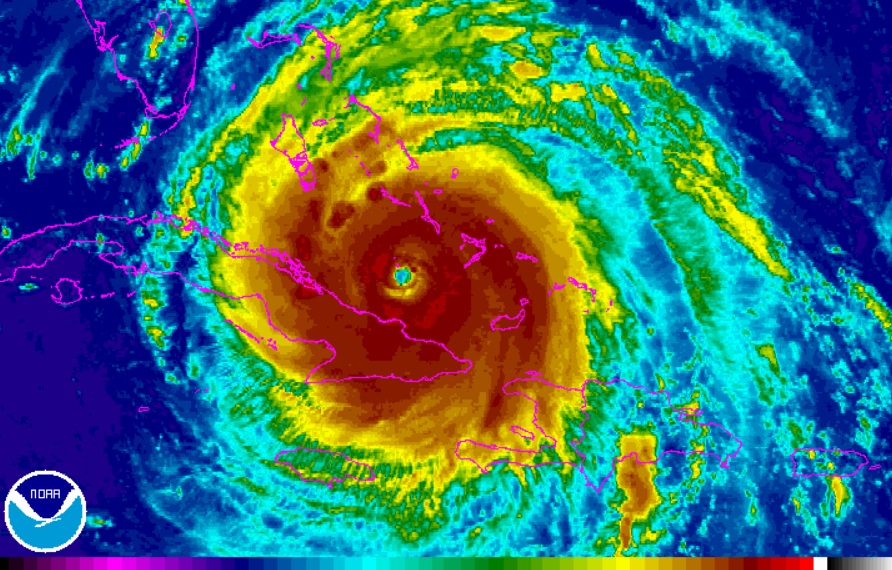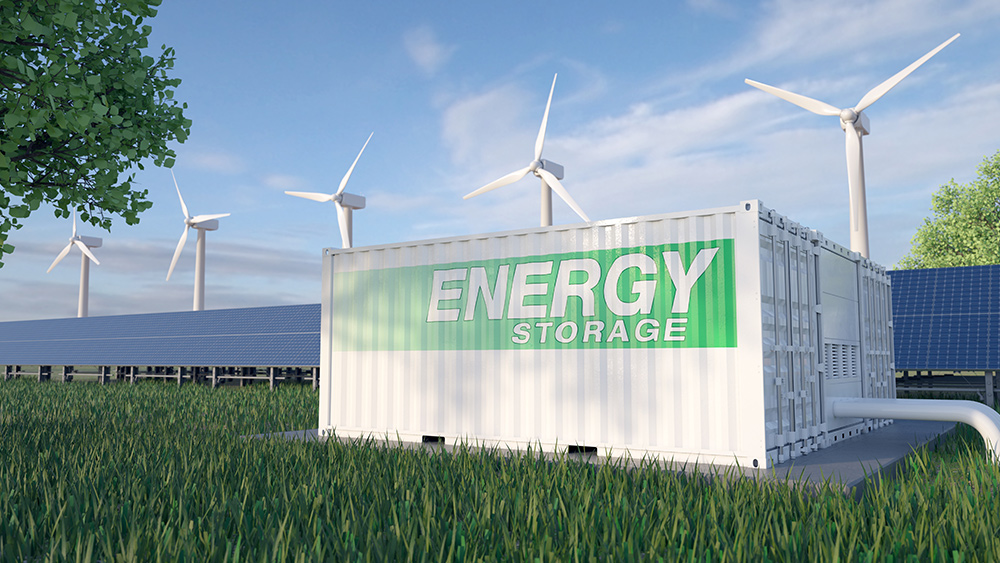Why exiting the Paris Climate Accord helps America’s poorest
06/12/2017 / By Cassie B.

President Trump’s decision to withdraw the United States from the Paris Climate Accord was applauded in some quarters, but it was met with a lot of derision from the left. This is a rather curious reaction for a group that claims to be concerned about the economic welfare of our nation’s poorest inhabitants.
While most people have been talking about what they perceive the decision’s effect on climate change will be, its impact on the poor has been largely overlooked by the mainstream media. The Mises Institute is one of many voices that has been expressing the opinion that withdrawing from the agreement is actually a very positive move for our country’s poorest households. Here is a look at why this exit will benefit them.
Following the agreement raises energy costs
The agreement involved a pledge by the U.S. to decrease greenhouse gas emissions by up to 28 percent below their 2005 level by the year 2025. To accomplish this, renewable sources of energy would be used instead of fossil fuels. Such a transition is pretty much inevitable at some point no matter how you look at it, but forcing a switch to “green” sources so quickly would put poor households who are already having trouble making ends meet into an even deeper financial quandary.
Alternative energy sources still tend to be a lot costlier than their traditional counterparts, with a recent study showing that electricity from solar and wind power can be anywhere from 2.5 to 5 times costlier than electricity from nuclear power and coal.
No one wants to rely on “dirty” sources of energy, but until green energy costs drop as the technology improves, forcing a quick transition will send energy prices through the roof, leaving less money left over each month in already tight budgets for essentials like food, housing and clothing.

It hurts the economy and redistributes wealth
The stringent regulations imposed by the Paris Agreement make it more expensive to do business, and these costs are usually passed on to consumers. When they’re not, the business absorbs them, which can mean job cuts. Many mom-and-pop businesses would struggle to come up with the tens of thousands of dollars needed to comply with the regulations, production and income would decrease, and consumers would have to pay higher prices. All of this impacts those who are already suffering the most financially.
In addition, the agreement’s United Nations Green Climate Fund essentially redistributes wealth from the world’s developed countries to those that are behind the times. This fund helps developing countries obtain alternative energy infrastructure, which will benefit firms with strong political connections, especially those that sell green energy technology. As if that weren’t bad enough, the agreement sees American taxpayers funding the expensive green energy technology for other countries.
The agreement requires the U.S. to contribute to a fund of $100 billion per year that transfers wealth to poorer countries. According to NewsMax, the average American family would end up shelling out an additional $30,000 for electricity throughout the next ten years, not to mention the fact that the cost of electricity factors into the prices of many other goods and services we pay for. Everything from the food at the grocery store to hospital stays would bear a higher price tag in response to the increase in electricity prices.
Although the Paris Climate Accord might have some valid points, it is vital to consider the far-reaching effects it could have on society’s most vulnerable people. Regardless of how you feel about President Trump in general, it’s hard to deny that it took a lot of strength to stand up for America’s best interests in the face of a lot of serious opposition and refuse to let the madness continue. By backing out of this agreement, the U.S. is now free to create its own policies that can help the environment without creating additional distress for families here at home that are already struggling to make ends meet.
Sources:
Submit a correction >>
Tagged Under:
economy, Paris Climate Accord, Trump
This article may contain statements that reflect the opinion of the author


